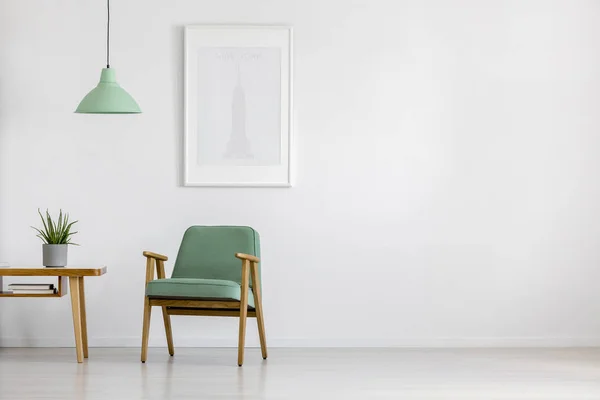In a world dominated by consumerism and excess, the minimalist movement has emerged as a countercultural response, encouraging people to live with less and find more meaning in life. Minimalism is not just about decluttering physical spaces; it’s a lifestyle choice that prioritizes simplicity, mindfulness, and intentional living.
The core idea of minimalism is to focus on what truly matters by eliminating distractions and unnecessary possessions. This can involve everything from reducing the number of items in your home to simplifying your daily routines. For many, minimalism is a way to reduce stress, save money, and improve overall well-being.
The benefits of minimalism are not just personal; they can also have a positive impact on the environment. By consuming less and being more mindful about purchases, minimalists contribute to reducing waste and conserving resources. This aspect of the movement has resonated with environmentally conscious individuals who see minimalism as a way to live more sustainably.
However, minimalism is not without its critics. Some argue that the movement is overly prescriptive and can be exclusionary, appealing primarily to those with the privilege to choose a simpler lifestyle. Others question whether minimalism is truly sustainable in the long term, especially in a society that constantly bombards individuals with messages to buy more and do more.
Despite these criticisms, the minimalist movement continues to grow, attracting people from all walks of life who are looking for ways to simplify and find greater purpose. Whether it’s through decluttering, downsizing, or simply being more intentional about daily choices, minimalism offers a path to a more meaningful and fulfilling life.


